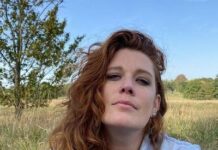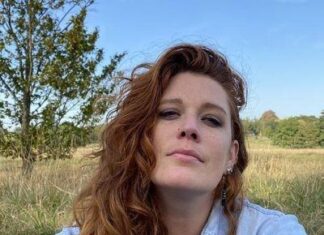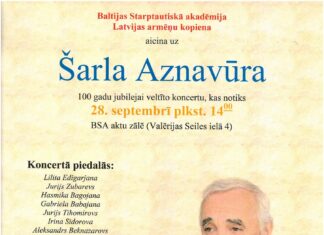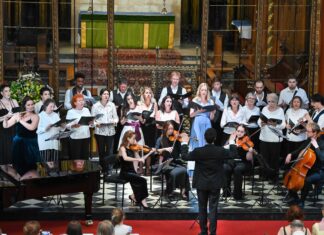Special to the Mirror-Spectator
NORTHAMPTON, Mass. — A recent interview with David Kherdian felt more like an educational journey through human development than a discussion focused on his latest books and poems.
A lifelong poet, novelist and thinker, Kherdian is living a peaceful life in this quiet Western Massachusetts community. He didn’t always live in such a rural setting; he grew up in an industrial town in Wisconsin, a son of survivors of the Armenian Genocide at a time when immigrants in the US were not embraced.
Sitting by the window in the living room, his tone deepening as he recalled the past, the innate storyteller began to weave his words into an image of a young, confused, and troubled boy, caught between the two separate worlds of an American future and an ancient, traditional Armenian past.
“There was a great deal in our collective past that was troublesome,” he said. “Then there was discrimination in the school, and there were times I was flunked simply because I was a minority. These things affected my personality, and my attitude towards life, as well as my attitude towards people.”








